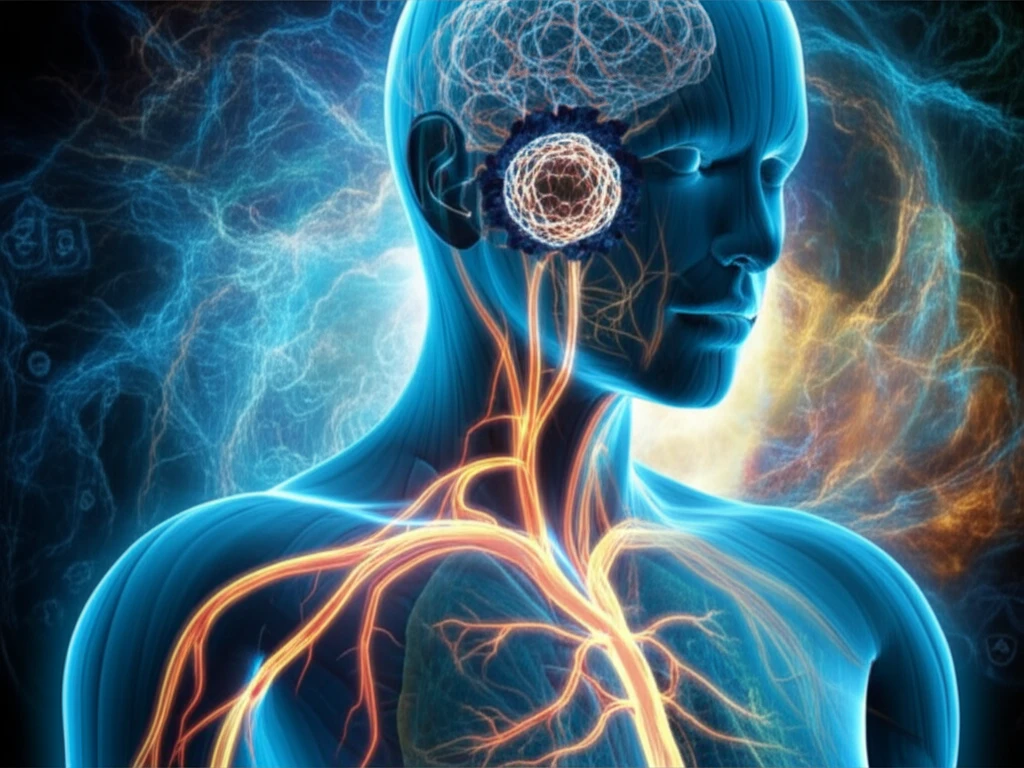
From Inflammation to Cancer: Decoding the Body's Silent Signals
"Unraveling the Connection Between Chronic Inflammation and Cancer: A Guide to Understanding and Prevention"
Inflammation, the body's natural defense mechanism, is a vital process that helps repair tissues and fight off infections. However, when inflammation becomes chronic, it can wreak havoc on the body. This persistent state of heightened immune activity has been increasingly linked to a range of serious health conditions, including cancer. Recent research has illuminated the complex interplay between chronic inflammation and the development of various cancers, sparking a renewed focus on understanding and addressing this critical connection.
The relationship between chronic inflammation and cancer is not a simple one. It's a multifaceted process involving various cellular and molecular pathways. While acute inflammation is a necessary part of healing, chronic inflammation creates an environment conducive to the development and progression of cancer. This article aims to explore the underlying mechanisms, risk factors, and preventative strategies to help you understand this critical connection.
This guide delves into the science behind this relationship, explaining how prolonged inflammation can set the stage for cancer. We'll explore the specific types of inflammation most closely tied to cancer risk, the key players involved, and what you can do to protect yourself. Our goal is to empower you with the knowledge to take proactive steps towards better health.
Understanding the Inflammation-Cancer Connection: What's the Link?

Chronic inflammation is characterized by the sustained activation of the immune system, even in the absence of an immediate threat. This can be triggered by a variety of factors, including infections, autoimmune diseases, exposure to toxins, and lifestyle choices. The prolonged presence of inflammatory cells and molecules creates a microenvironment that can damage DNA, promote cell proliferation, and suppress the immune system's ability to eliminate cancerous cells.
- DNA Damage: Inflammatory cells release reactive oxygen species (ROS) and other molecules that can damage DNA, leading to mutations.
- Cell Proliferation: Inflammation stimulates cell growth and division, increasing the risk of errors during DNA replication.
- Angiogenesis: Chronic inflammation promotes the formation of new blood vessels, which supply tumors with nutrients and oxygen.
- Immune Suppression: Inflammation can suppress the immune system's ability to recognize and destroy cancer cells.
Empowering Your Health: Taking Action Against Inflammation
Understanding the inflammation-cancer connection is the first step towards protecting your health. By adopting a proactive approach, you can reduce your risk and promote overall well-being. Remember, it's never too late to make positive changes. By prioritizing a healthy lifestyle, staying informed, and consulting with healthcare professionals, you can take control of your health and reduce your risk of cancer.
